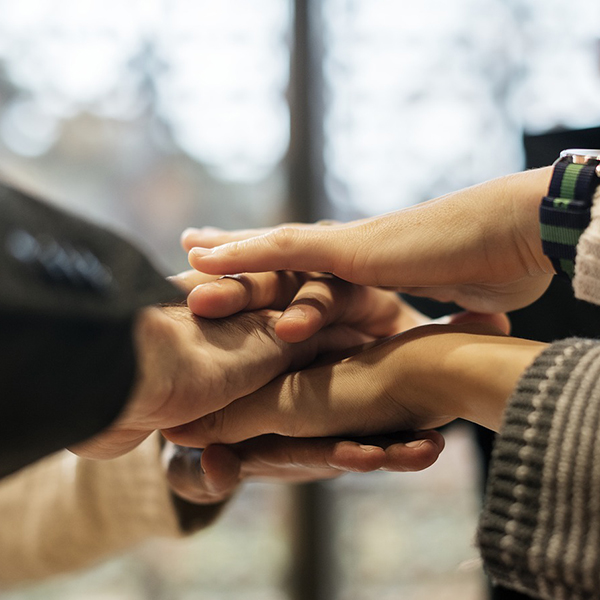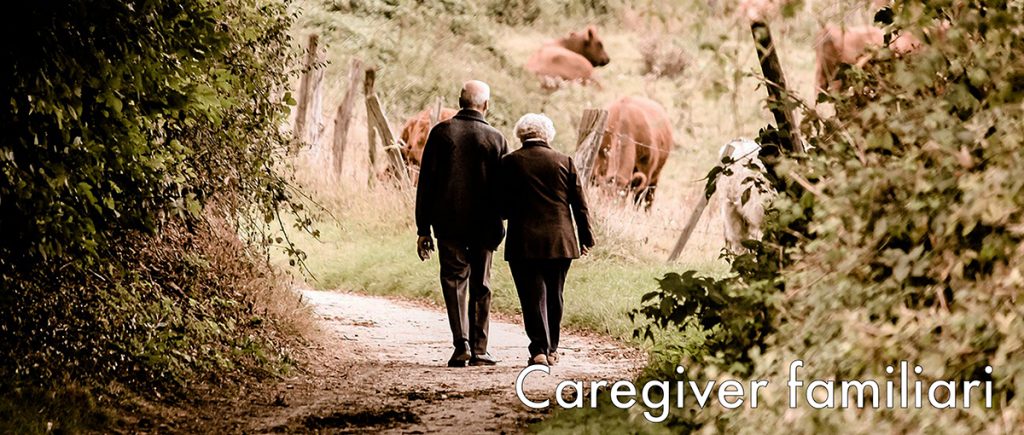
The quest for living longer at any cost – the dream to live for 150+ years – has been replaced by the search of how to improve life quality for better ageing, in order not to lose self-suffiency as well as physical and cognitive capabilities.
Emanuele Lettieri
Full Professor of Health Care Management at the School of Management of Politecnico di Milano
Scientific Director of the Permanent Observatory of Digital Innovation in Healthcare at Politecnico di Milano
Population ageing is a double-edged sword. On the one hand, this is definitively good news. We live longer and life expectancy at birth is increasing generation after generation. This is the result of paramount discoveries in medicine and ground-breaking innovations in medical technology. On the other hand, this is very bad news. Disabilities and chronic diseases will probably characterize the last years of our lives, limiting our possibility to live a full life. Moreover, a significant portion of healthcare expenditure – that is expected to increase year after year – is currently allocated to the management of elderly fragility and chronic diseases. This obliges to reduce the financial resources that could have been allocated to the younger citizens.
But how to jump out of this vicious circle?
A straightforward solution comes from what has already happened in other industries – e.g., in the automotive industry. The healthcare system must treat citizens when they are still healthy, helping them postpone as long as possible the moment when they will need specialized treatment for either fragility or chronic diseases. This vision requires healthcare professionals to turn upside down their current approach to health care delivery. Prevention, lifestyle improvement, empowerment and co-responsibility are the “silver bullets” to help citizens live longer and be healthier.
This is the challenge of Healthy Ageing. This challenge is of paramount relevance for the sustainability over time of our society and it is fully coherent with the Societal Development Goal number 3 – ensuring healthy lives and promoting well-being for everyone at all ages.
In 2015, the World Health Organization (WHO) introduced the concept of Healthy Ageing, intended as the process through which an individual can maintain or enhance her/his well-being within the ageing process. The WHO launched the Decade of Healthy Ageing (2021-2030) that is intended as a decade of concerted global actions on Healthy Ageing. The motivation is that populations around the world are ageing at a faster pace than in the past and this demographic transition will have an impact on almost all aspects of society.
In this view, finding previously unexplored pathways for enhancing the ability of citizens aged 50+ to live a longer and healthier life is top of the agenda for policymakers, professionals, entrepreneurs and management scholars. The initiatives on the table are numerous and they are contributing to the growth of the so-called Silver Economy. This term was coined to describe the economy linked to products and services targeted at citizens aged 50+. Its extent has been estimated in Europe at €5.7 trillion in 2025.
The ageing population can be divided into active, fragile and dependant. For a sustainable society, it is important to support active and healthy ageing among the 50+ citizens so that they can be part of the active workforce for as long as possible. In this view, healthcare must keep pace with their needs. Care delivery must become personalized, participative, preventive and predictive. This is at hand nowadays! Digital solutions might offer the extraordinary opportunity to respond successfully to the challenges of the Silver Economy. Digital technologies might contribute to the development of next-generation techniques for fragility and disease prevention, as well as new treatments to ensure a healthy, active and productive life to the population aged 50+.
The School of Management of Politecnico di Milano stands up for Healthy Ageing and is contributing through different research and educational initiatives.
First, the permanent Observatory of Digital Innovation of Healthcare is collecting data from the field about the transition toward a new paradigm of health care delivery that has been defined as Connected Care. Ageing citizens are searching for an ecosystem of healthcare services and tools that are consistent and interoperable. Considering four main phases – namely, (1) information seeking & primary prevention, (2) access to care; (3) diagnosis & therapy; and (4) follow-up & engagement into new lifestyles – the present Covid-19 pandemics has accelerated the adoption of digitally-enabled behaviours for all phases.
Four citizens out of five searched for information on the internet about healthier behaviours and disease prevention. Two citizens out of five tried smartwatches or Apps to monitor their physical activity, improve their nutritional behaviour or test their cognitive capabilities. One citizen out of three is interested in interacting with their doctor through tele-visits. These and other data are published every year by the research team from this Observatory.
Second, the School of Management (SOM) of Politecnico di Milano is contributing to an H2020 pan-European research project – named NESTORE – aimed at developing an artificial intelligence-enabled virtual coach to help European citizens aged 65+ in their healthy ageing. The virtual coach can provide users with personalized pathways to healthy ageing that cover physical activity, nutrition, cognitive capabilities and social interaction. At present, the coach is under validation (phase 2) in three pilot countries – Italy, Spain and the Netherlands – with promising results in terms of engagement and acceptability. The SOM is chairing the development of the exploitation strategy of the solutions developed within the research project – such as a virtual coach, an App, a smartwatch to collect data, a tangible interface, a chatbot, and a series of games. At the beginning, NESTORE will adopt a direct-to-consumer business model, but with the ambition of becoming a digital therapy within two years – after a phase 3 validation study – and being approved and reimbursed by the national healthcare systems. Our data show that one citizen aged 65+ out of three is interested in virtual coaches because they are searching for 24/7 support for their healthy ageing.
Finally, the MIP Politecnico Graduate School of Business has launched in September 2020 the first edition of the Executive Master in Innovation Management in Healthcare. Multi-disciplinary professionals from hospitals and vendors from the MedTech industry are learning how to disrupt the current paradigms of health care delivery and accelerate the transition toward innovative socio-technical configurations of Connect Care.
There is an ancient Chinese curse which says “May we live in interesting times.” In this light, the School of Management of Politecnico di Milano is fully committed to making available its distinctive competencies to sustain the healthy ageing of citizens 65+, to allow them to live longer and healthier lives in interesting times.








